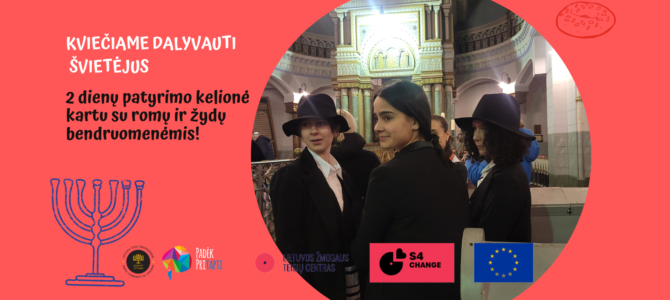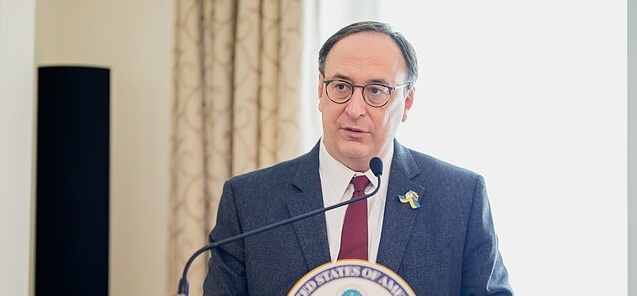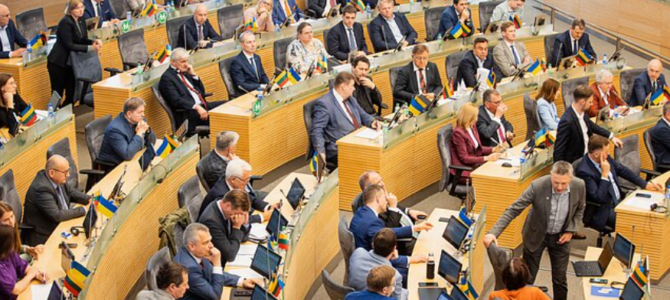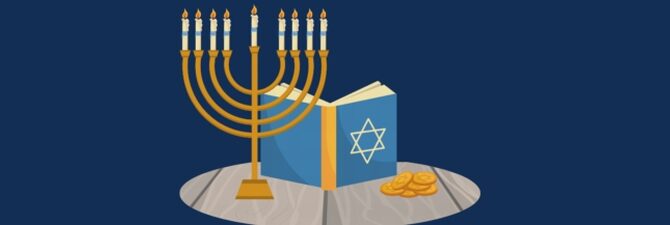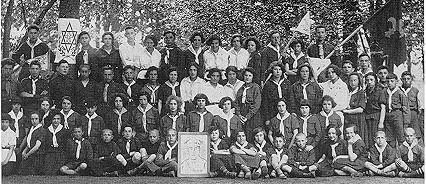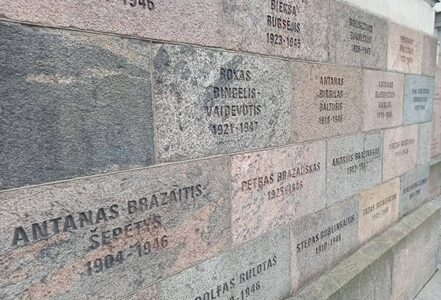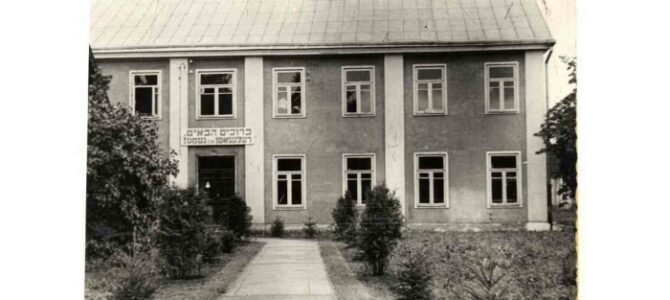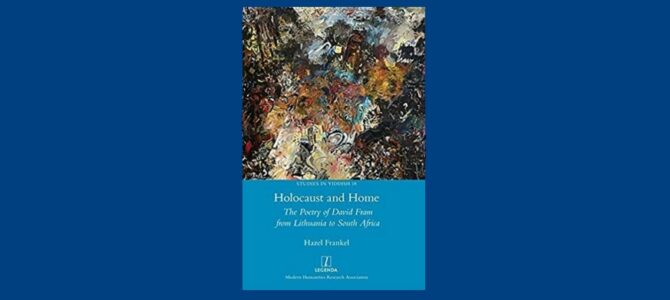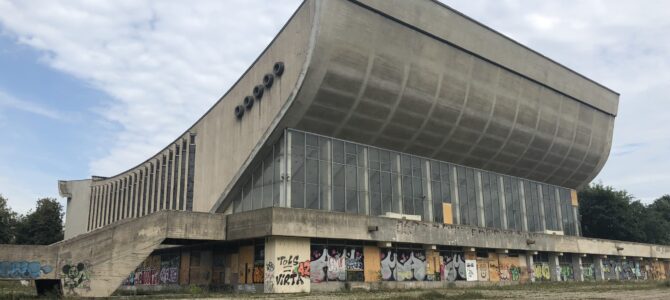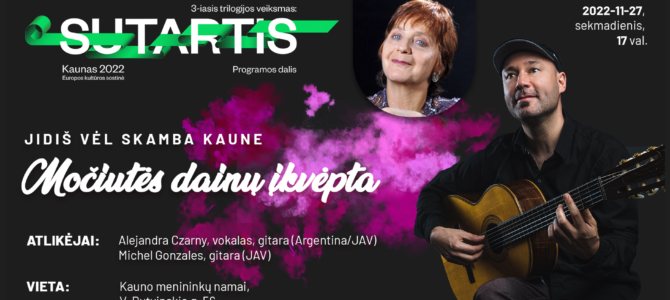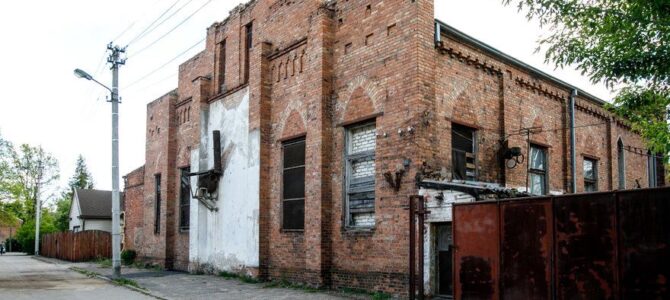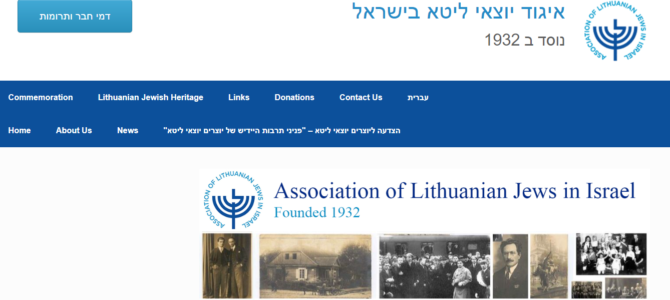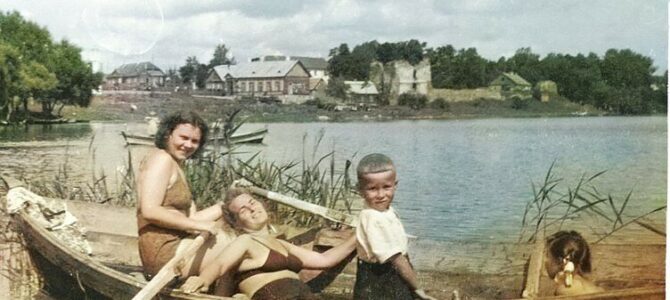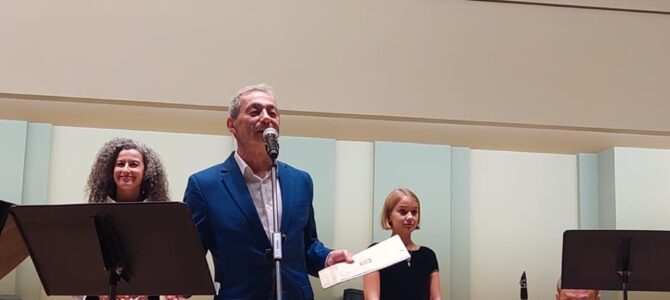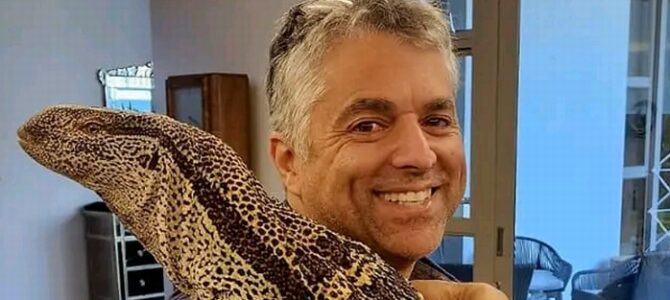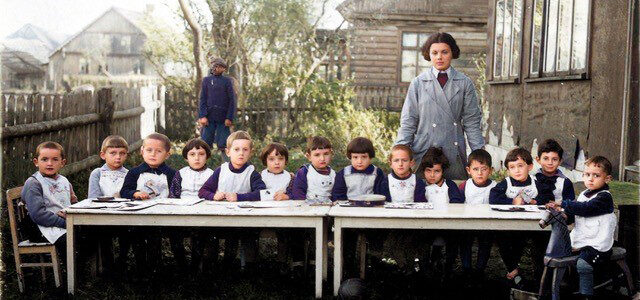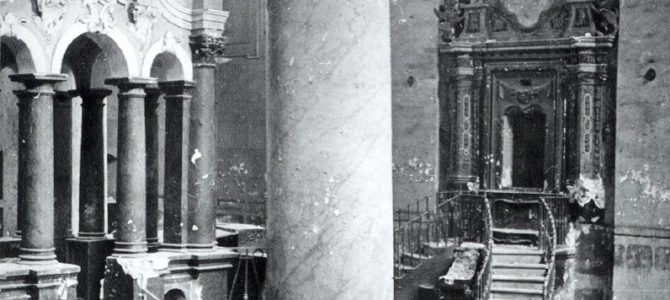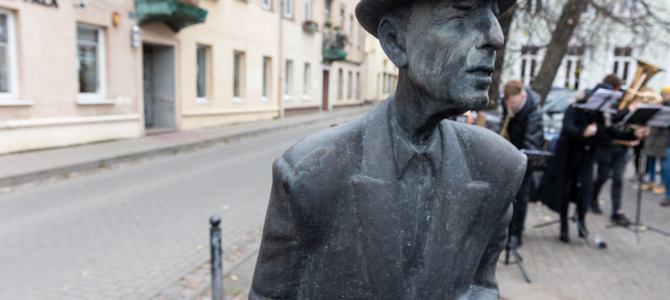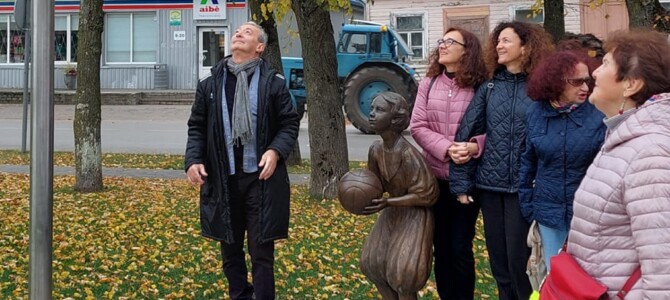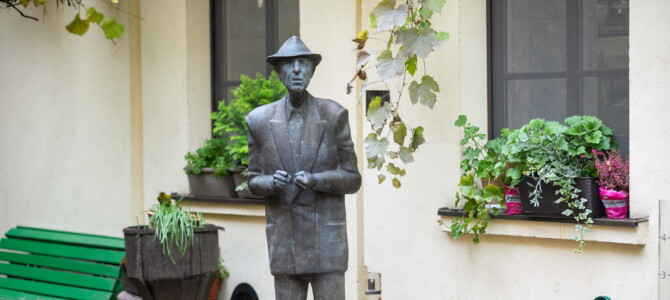The two days of activities are intended to teach the traditions and customs of the Roma and Jewish communities in Lithuania and to counter stereotypes and fight anti-Semitism and Romophobia at home and abroad in various contexts. This is the first time educators from Lithuania are being invited to meeting with representatives and lecturers from both communities. We believe these teachings will be helpful for teachers working with young people as well as for cultural workers in the towns and cities where Jewish heritage is undergoing restoration. Those who work with young people and representatives from NGOs are invited to attend. The two-day workshop begins in January at the Sholem Aleichem ORT Gymnasium in Vilnius with the participation of experts from the Lithuanian Human Rights Center and the Padėk Pritapti organization, and of course the Lithuanian Jewish Community as well. We invite you to share this invitation with your colleagues. For more information, click https://bit.ly/3PXEoTz. To register, click https://bit.ly/3jDbJa5. A program in Lithuanian is available here.
For more information, contact Dovilė Rūkaitė at projects@lzb.lt.


